Best Seasons for Ceiling Fan Installations
Ceiling fan installations are most commonly performed during periods of moderate weather, avoiding extreme heat or cold. Spring and early fall often provide ideal conditions for installation, as temperatures are comfortable and outdoor work is less likely to be disrupted by adverse weather.
Spring and fall are preferred for ceiling fan installations due to moderate temperatures and stable weather conditions.
Avoid installing during extreme heat or cold, as these conditions can affect electrical work and safety.
Off-peak seasons may offer more scheduling flexibility and shorter wait times for installation services.
Installing fans during milder seasons can improve energy efficiency, reducing cooling costs in summer and heating costs in winter.
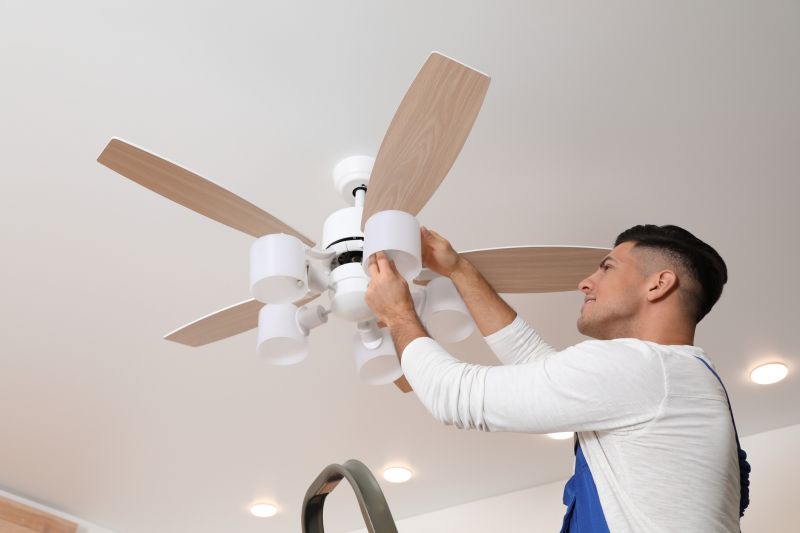
Installing during spring benefits from mild weather, making electrical work safer and more efficient.
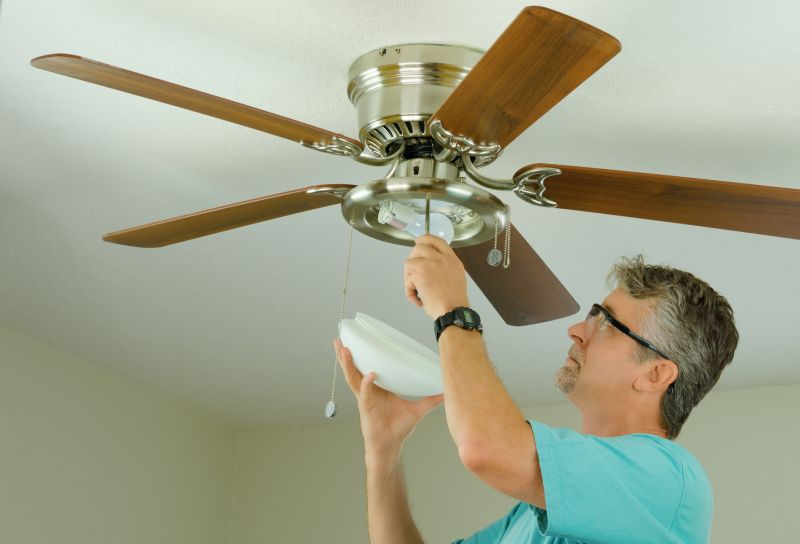
Fall offers cooler temperatures and less humidity, ideal for indoor electrical projects.
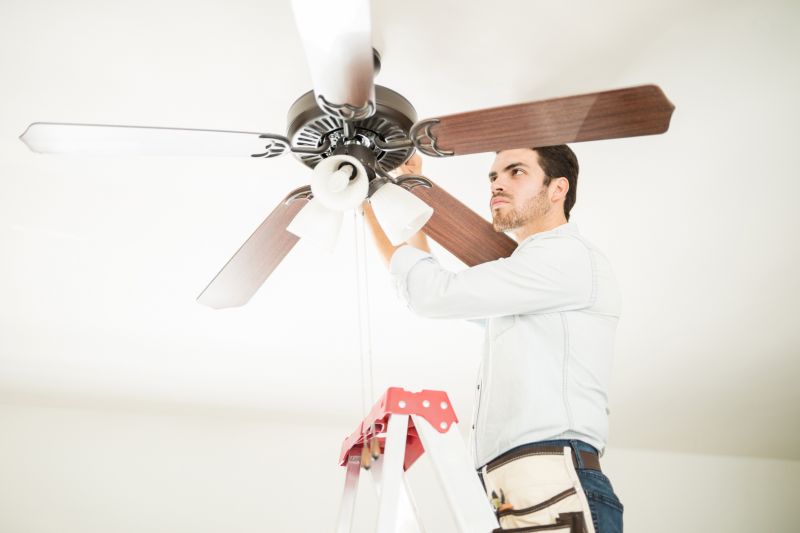
While optimal in moderate weather, ceiling fan installations can be scheduled year-round with proper precautions.
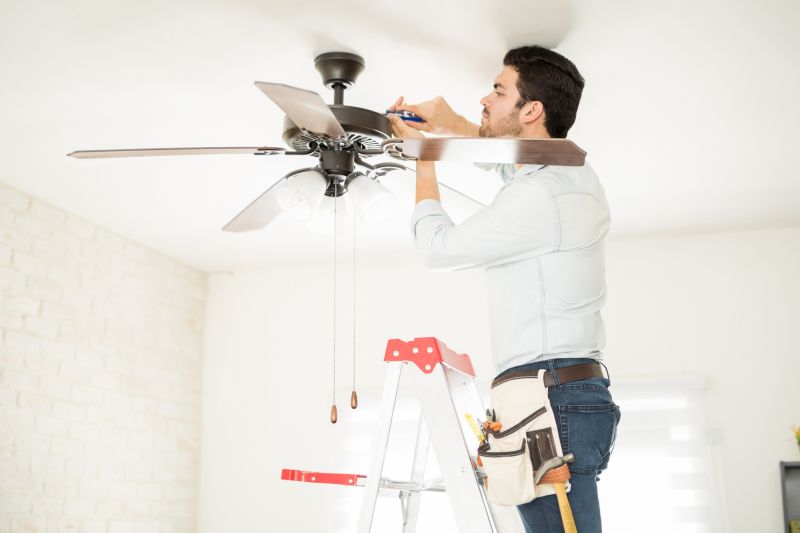
Ways to make Ceiling Fan Installations work in tight or awkward layouts.
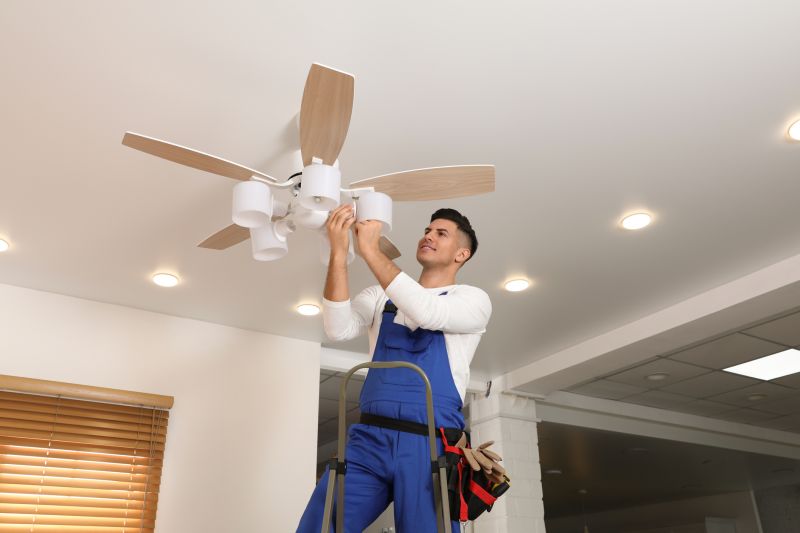
Popular materials for Ceiling Fan Installations and why they hold up over time.
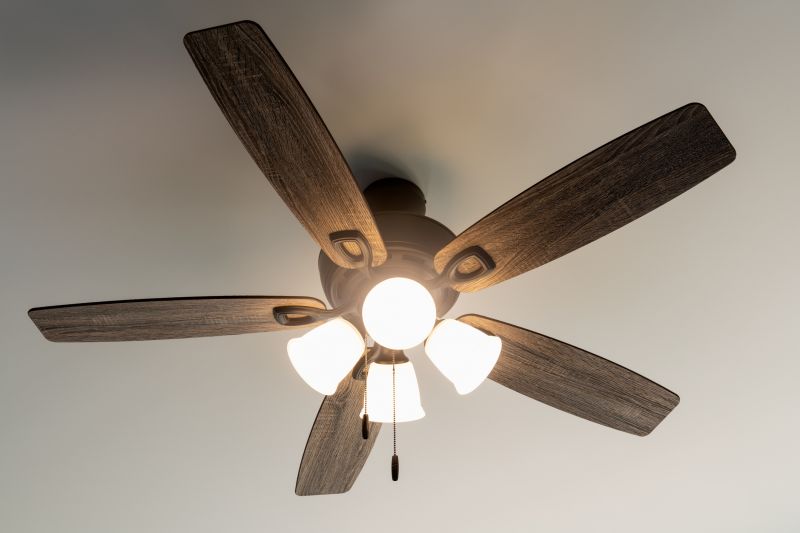
Simple add-ons that improve Ceiling Fan Installations without blowing the budget.
Ceiling fan installations involve mounting fixtures that enhance indoor comfort and energy efficiency. Proper installation ensures safe operation and optimal airflow. The process includes electrical wiring, mounting, and testing to confirm functionality. Statistically, ceiling fans can reduce cooling costs by up to 40%, making timing of installation relevant to energy savings.
| Factor | Recommendation |
|---|---|
| Temperature | Install during moderate weather to ensure safety and ease of work. |
| Humidity | Avoid humid periods that can complicate electrical connections. |
| Availability | Schedule during off-peak seasons for quicker service. |
| Energy Goals | Align installation with seasonal energy use for maximum efficiency. |
| Weather Stability | Choose periods with predictable weather for uninterrupted work. |
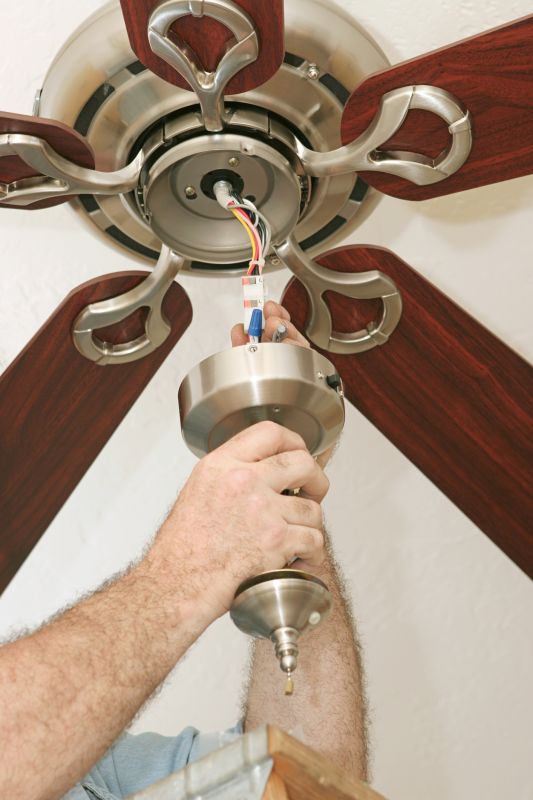
Summer installations can provide immediate cooling benefits, but extreme heat may pose safety challenges.
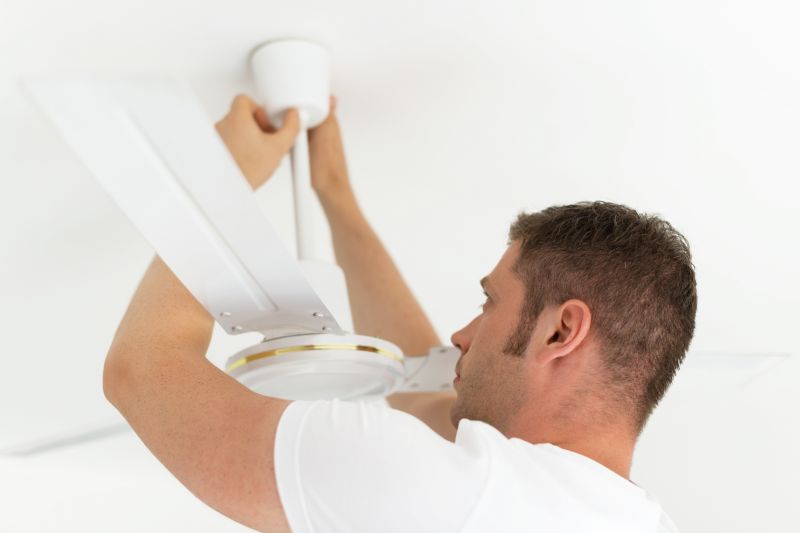
Winter installations are less common but feasible with indoor conditions maintained properly.
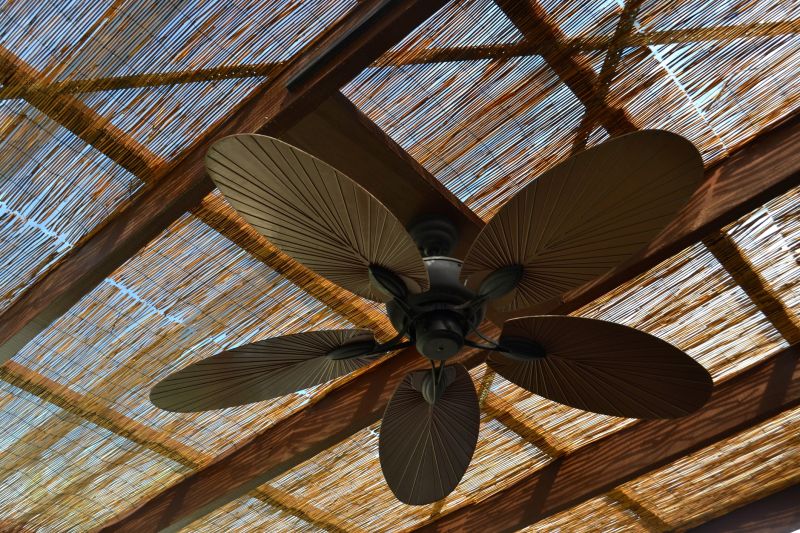
Indoor installations are less affected by weather, allowing flexible scheduling year-round.
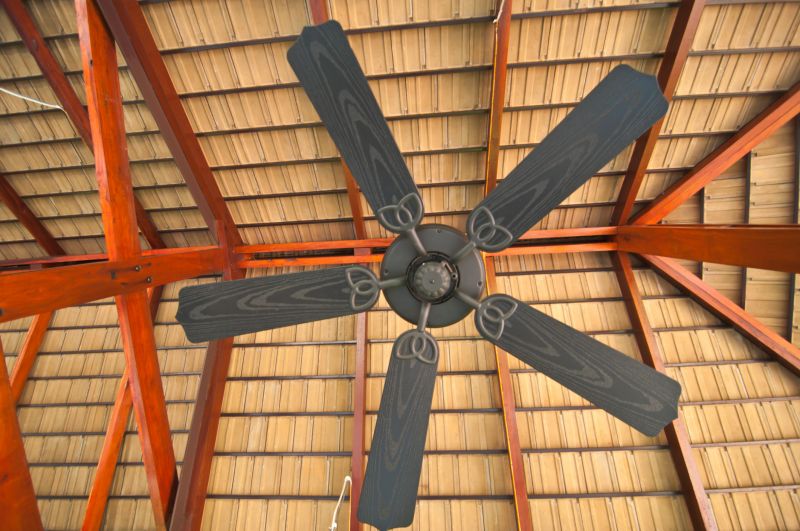
Outdoor installations should be scheduled during dry, mild weather to prevent damage and ensure safety.
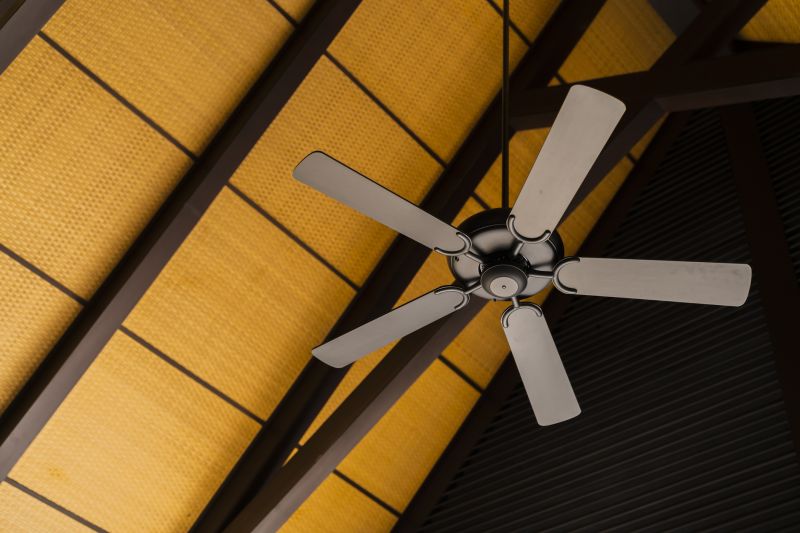
High-end options that actually feel worth it for Ceiling Fan Installations.
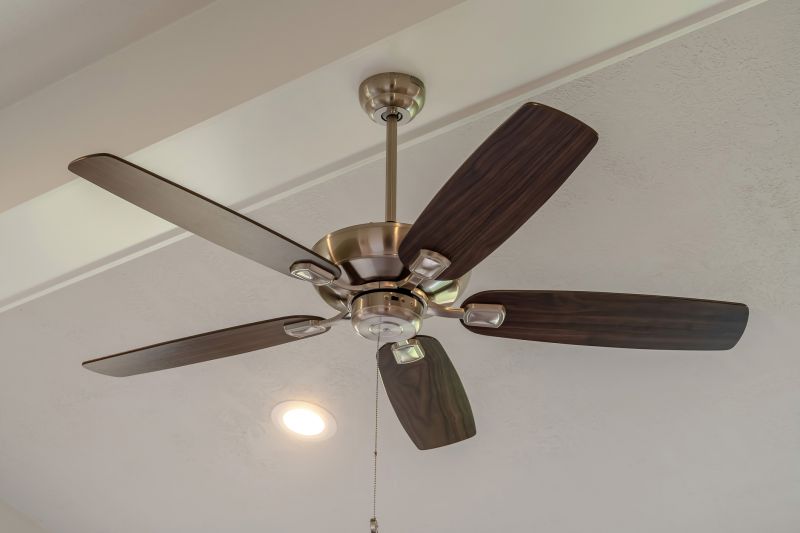
Finishes and colors that play nicely with Ceiling Fan Installations.
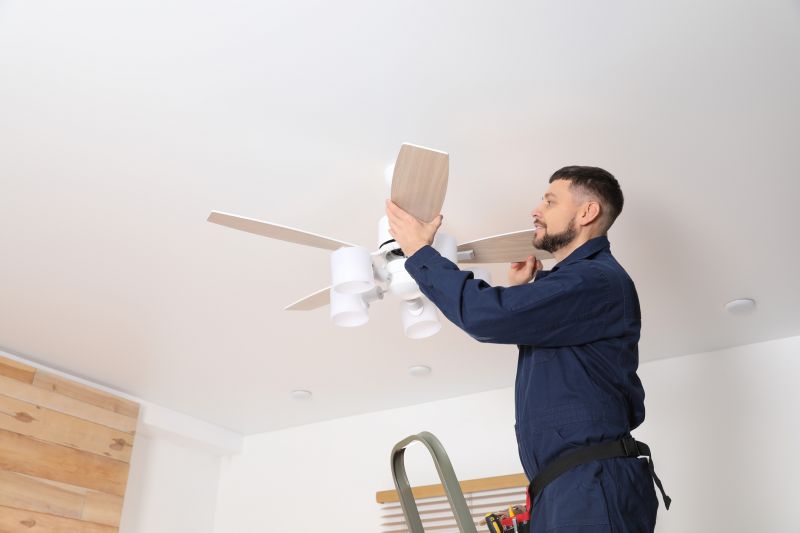
Little measurements that prevent headaches on Ceiling Fan Installations day.
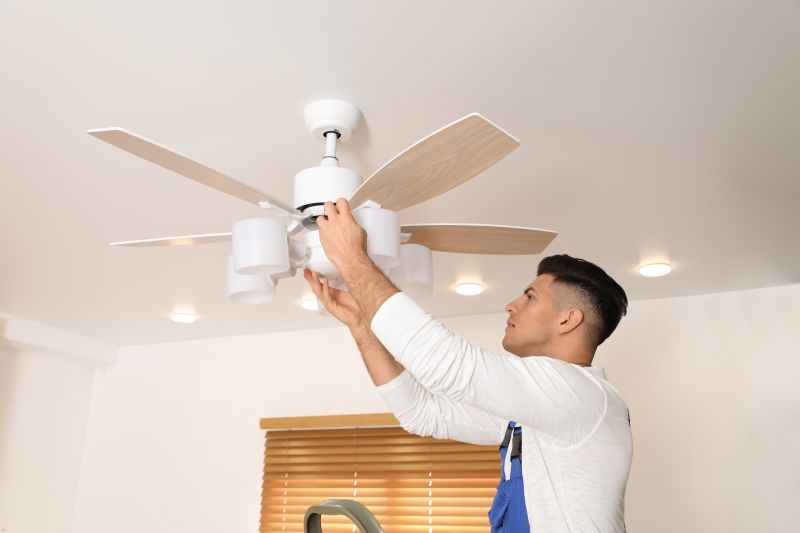
A 60-second routine that keeps Ceiling Fan Installations looking new.
Timing for ceiling fan installation can influence safety, efficiency, and convenience. Selecting the right season ensures optimal conditions for electrical work and long-term performance. Proper planning can also maximize energy savings and indoor comfort.
Interested in scheduling a ceiling fan installation? Fill out the contact form to discuss available options and timing.
